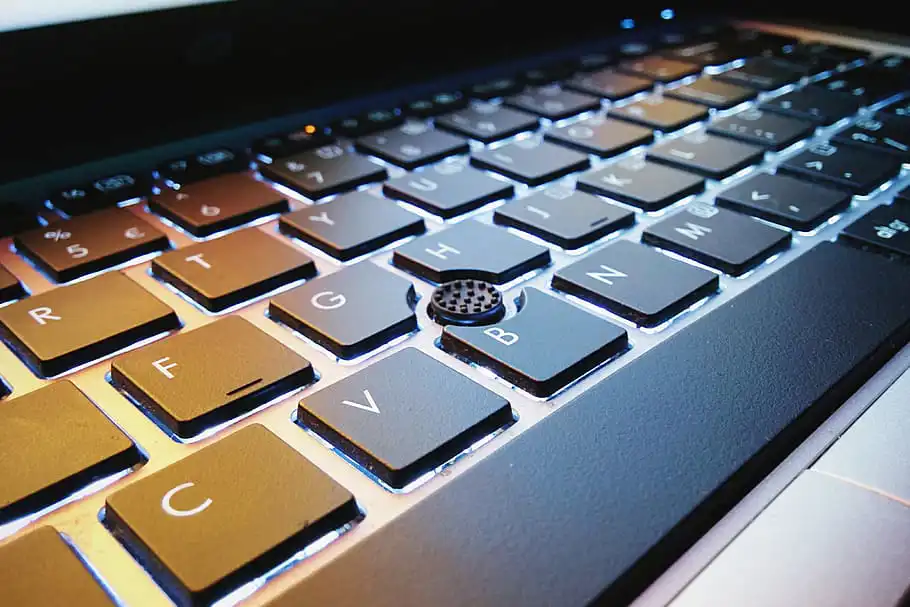Artificial Intelligence in Today's World
Artificial intelligence has permeated all sectors of human life, including education and employment. One area that has seen significant transformations due to AI is the drafting of letters of recommendation. These are crucial documents that play an influential role in admissions into educational institutions and job applications.
The technology that has revolutionized this aspect is OpenAI’s language model, ChatGPT. A study has indicated that ChatGPT’s recommendation letters are eerily similar to those written by humans. This raises key questions about the future of AI in composing essential documents.

Impressive ChatGPT
ChatGPT has successfully demonstrated its ability to create sophisticated and coherent pieces of writing. Researchers have recently examined the tool's proficiency in generating letters of recommendation. In education and employment sectors, these letters often determine one's odds of acceptance or rejection.
The study compared letters composed by humans and ChatGPT using a double-blind procedure. It revealed that most of the professionals involved could not reliably differentiate between the two. The implications of this are indeed an interesting proposition to consider.
Quality of ChatGPT-authored Recommendations
While the letters written by ChatGPT accurately maintained the format and structure expected in an average recommendation letter, two things stood out. That is, the content quality and matching to the hypothetical applicant’s profile. Admissions committee members noted that the AI generated letters were of high quality and competitive when compared to average human-authored ones.
Interestingly, the research found that the AI letters also matched the hypothetical applicant's profile well. They effectively highlighted the applicant's strengths and why they were suitable for a particular role or admission into a specific institution.
Accuracy and Consistency in AI Writings
The study further pointed out that AI-produced letters maintained a high degree of accuracy and consistency. These are essential features in writing a good recommendation letter, as inaccuracies can be very detrimental to an applicant’s prospects. Also, consistency ensures that the message about the applicant’s qualities and abilities is clear.
This kind of precision in AI-authored letters has far-reaching implications. It demonstrates how AI can be useful in sectors that require meticulous attention to detail, such as in legal or medical documentation.
The Future of AI Authored Letters
The impressive quality of AI-authored recommendation letters suggests a future where people may seek AI assistance for creating such crucial documents. As AI technology continues to improve, it is not farfetched to expect AI to be able to produce even more customized and personalized documents, offering more value to users and recipients alike.
However, some challenges need addressing before such a future becomes a reality. These include finding ways to ensure AI can effectively capture an applicant's unique qualities and skills and convey them in a personally resonating manner.
Concerns about AI Writing
The use of AI in generating recommendation letters also comes with its fair share of concerns. It calls into question the authenticity of documents, especially in verifiable situations such as job applications or school admissions. Therefore, systems will need to be put in place to ensure that the use of AI in such important aspects is appropriately regulated.
Ethical concerns may also arise from AI's use in drafting recommendation letters. For instance, people could use AI to create fake documents, causing unfair advantage. Hence, responsible use of AI in this respect would be necessary.
Opportunities and Limitations of AI Writing
While it's indisputable that AI-written letters open up an array of possibilities, it's equally crucial to note their limitations. AI provides speed and accuracy. However, capturing the intricacies and nuances of human thought and interaction remains a grand challenge for AI.
Authenticity and personal touch are critical aspects of recommendation letters. In their absence, these letters may lose their value. Therefore, we cannot overlook the importance of the human factor even as we integrate AI into such roles.
The Role of Humans in AI Generated Recommendations
As AI continues to be integrated into writing recommendation letters, the human role should not be discounted. Humans will still need to ensure that the final document is accurate and maintains its personal touch. This may involve editing AI-generated letters to ensure they best represent the applicant's abilities.
Therefore, collaboration between humans and AI might be the best approach. AI can handle the heavy lifting, drafting details and maintaining accuracy, while humans ensure the final document's authenticity. This would result in high-quality recommendation letters with a human touch, despite being largely generated by AI.
ChatGPT Changing the Face of Recommendation Letters
Research has shown that AI, specifically ChatGPT, has the clear potential to change the face of recommendation letters. Its accurate and consistent results have proven to be at par with, if not superior to, human-written letters. The lectures and job applications of the future could look a lot different with more AI integration.
All in all, the use of AI, like ChatGPT, in drafting important documents such as recommendation letters serves as yet another test for the tech's power. It evidently suggests new possibilities for AI applications in academic and professional fields, taking us a step further in our technological progress journey.